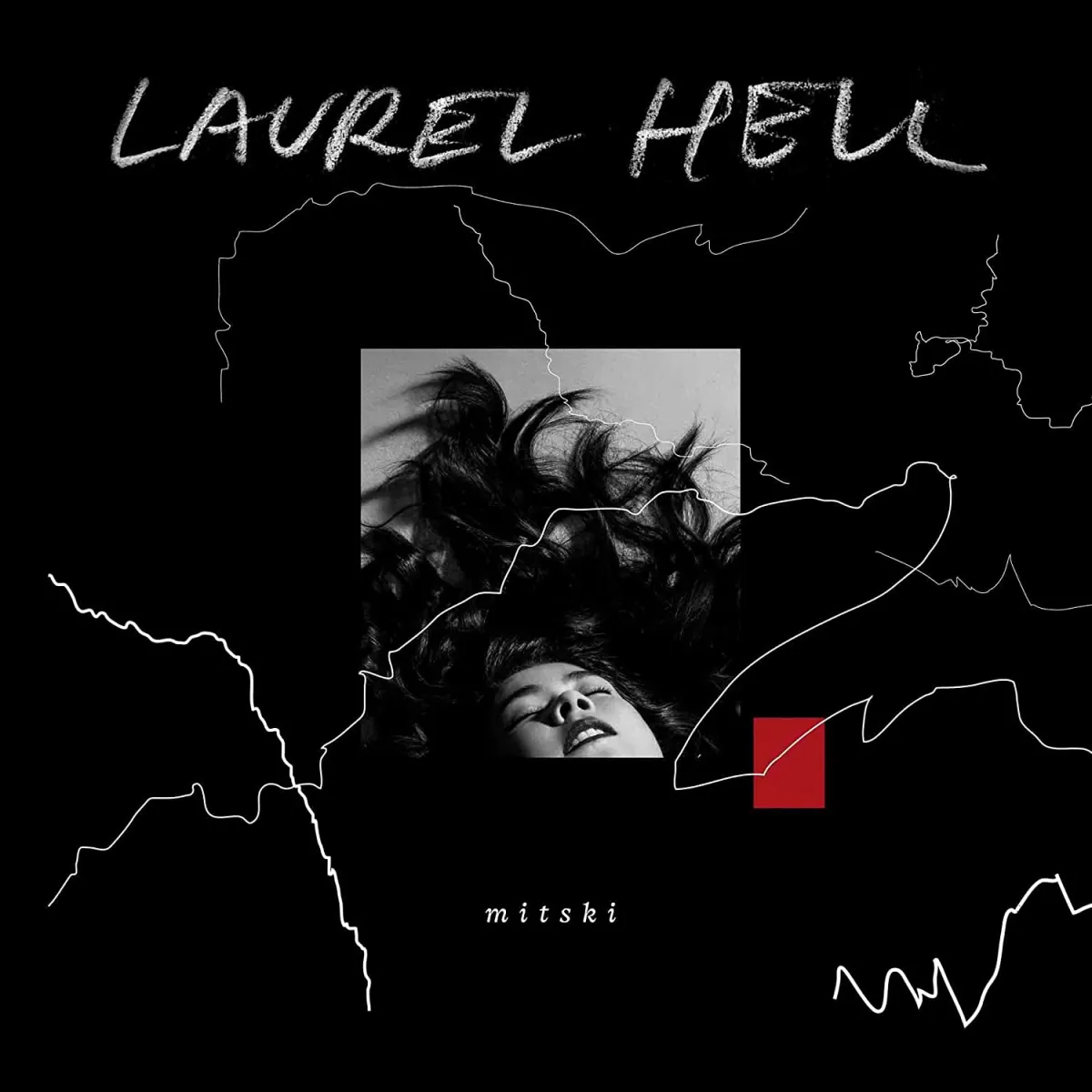Recently, indie musician Mitski released her newest album, Laurel Hell, which was long-awaited after she gained mainstream notoriety for her previous album, Be The Cowboy. Many wondered where Mitski had gone after Cowboy, and when she announced both a new album and tour dates, fans were ecstatic.
However, the spotlight has not been easy for Mitski to digest, therefore she politely asked on Twitter for fans not to record whole live sets while she was performing, as it leads to a sense of depersonalization for her. In a tweet, she wrote, “I wanted to speak with you about phones at shows. They’re part of our reality, I have mine on me all the time, and I’m not against taking photos at shows (though please no flash lol). But sometimes when I see people filming entire songs or whole sets, it makes me feel as though we are not here together. This goes for both when I’m on stage, and when I’m an audience member at shows.”
Many of the responses were not only heinous—they were indicative of a larger problem surrounding Mitski, the commodification of WOC artists, and the capitalistic nature of the music industry as a whole. In this article, I hope to shed some light on this issue, as well as show support for Mitski, as a fellow Asian-American creator.
A Brief History of Mitski as an Artist
Mitski Miyawaki has always been an artistically inclined person, turning her focus towards music as young as eighteen. Ever since then, she’s written emotionally-charged, poetic songs, notable for their vulnerability and honesty. And while she certainly felt impacted by her upbringing as a mixed-race woman, she never felt a desire to shoehorn herself into any specific identity.
More than anything else, Mitski’s career as a musician has been defined by her yearning to be a part of music at all. Her song “Geyser” describes this, as she said in an interview with NPR:
I think this is one of my vaguest songs. Usually my songs have a narrative of some sort. But this song is all feeling. I hesitate to say what it’s about just because once people find out what it’s about they might find it unromantic. I wrote it about music or just maybe a music career or an ability to make music. I think as a musician you keep sacrificing other things in your life, sacrificing relationships, sacrificing other opportunites, maybe even your physical or mental health in order to do it because it’s not an easy thing to do, and it’s not a job that people need you to do. I wrote it over a long period of time thinking about all the things I give up for it, but I gladly give it up because I love it so much and I can’t imagine doing anything else.
Mitski
The WOC Artist as a Commodity
I have always felt an attachment to Mitski. Her experiences as a mixed-race person have rung true for me, more so than most creators I encounter, and therefore I’ve looked to her as a role model in my creative endeavors. With that said, I understand where she’s coming from when she says she feels commodified by the industry.
Where she has continued to persevere and fight her way through it, I gave up as a musician a long time ago. I felt misunderstood and reviled as a mixed-Asian person who was unwilling to play whatever role various indie music scenes required of me. These requirements are a byproduct of the modern music industry: it’s very difficult to disentangle capitalism from creation. Therefore, in order to “make it,” one must, to varying degrees, play by established rules.
For non-POC, this is an easier endeavor, since non-POC are the ones who, by and large, established these rules. They dictated the popular styles, themes, and messages in musical trends, whether or not these things were stolen or manifested. So when a POC wants to become a successful musician, they end up sacrificing a certain degree of authenticity in order to placate both the industry and their audience.
In Mitski’s case, this means being pressured to play up the “sad girl” thing when it’s only a small facet of her being. She never meant to become this popular—in fact, her newfound popularity terrifies her, and makes her feel small amidst a sea of people who fundamentally misunderstand her. The majority of her listeners are artsy kids who couldn’t possibly understand where she’s coming from as a mixed adult woman, and aren’t exactly told they need to, due to the nature of capitalistic media consumption.
For instance, “Your Best American Girl” is about not fitting Eurocentric beauty standards, yet desperately wanting the kind of love an American upbringing will tout as ideal. Unfortunately, this message was lost at sea, as many of Mitski’s fans have reduced its meaning to simple yearning. And this is by no fault of Mitski’s, since she shouldn’t have to explain these things to viewers. It’s just a sad consequence of the industry, something seen in many creators like her (such as with Japanese Breakfast and their song “Boyish”).
But it doesn’t always have to be this way. As consumers of media, we can affect these things for good.
How to Show Support

To start, I should make it clear that treating Mitski like a “victim” of the industry is reductive and only serves to harm her. This is true of any creator. She’s worked hard to get where she is, probably harder than some of her contemporaries, and she’s created a phenomenal body of work to show for it.
That said, this doesn’t mean that fans “deserve” to treat her however they want. For real. Understand where you’re coming from as a non-Asian consumer and how you view her as a result, then challenge whatever assumptions or behaviors you might have or exhibit regarding her. For instance, one of the first things that comes up when you Google ‘Mitski’ is the question, Is Mitski dead. Good lord, would you want people asking that about you? Please, for the love of God, realize that your favorite artists are human and then treat them as so. These questions aren’t funny, they’re cringe at best and debilitating at worst.
Finally, go listen to “Laurel Hell.” It’s a bop.
(Featured Image: Dead Oceans)










Published: Mar 10, 2022 01:48 pm